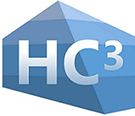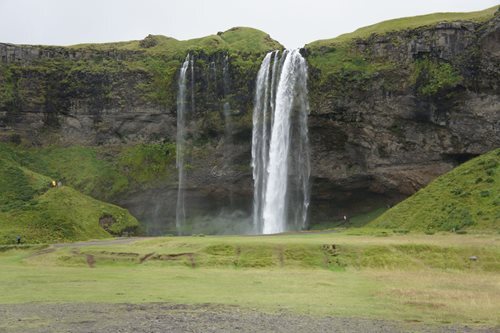Projects
Our projects
Evaluating the impact of land use on the hydrology of watersheds and on flood discharges
- Lead Researcher: Annie Poulin
- Funding: INFO-Crue project, Ministère de l’Environnement et de la Lutte contre les changements climatiques du Québec
- Co-Researchers: Richard Arsenault and François Brissette (ÉTS), Alain Mailhot (INRS-ETE)
- Collaborators: Ouranos Consortium and Ludwig-Maximilian University (Munich, Germany)
- Duration: 2022-2024
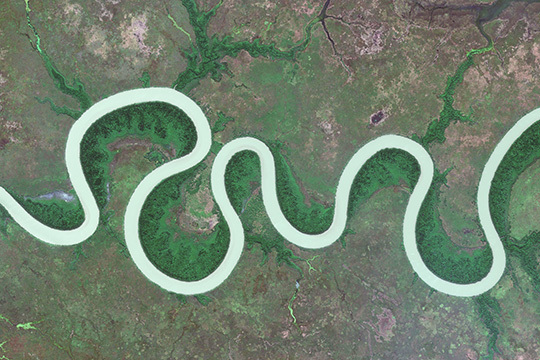
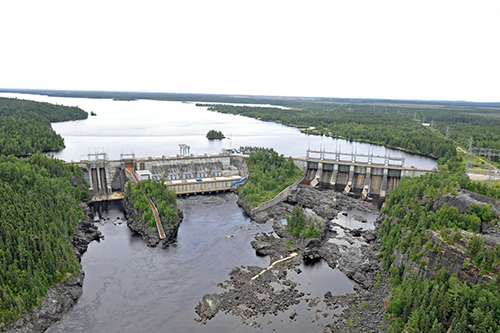
Value chain optimization of hydroelectric power generation systems
- Lead Researcher: Richard Arsenault
- Funding: NSERC (CRD), in partnership with Rio Tinto Énergie Électrique
- Co-Researchers: François Brissette (ÉTS), Michel Baraër (ÉTS), Bryan Tolson (University of Waterloo), Pierre Duchesne (Université de Montréal), Thierry Duchesne (Université Laval)
- Duration: 2018-2023
Hydrological changes in glacial valleys in southwestern Yukon
- Lead Researcher: Michel Baraër
- Funding: NSERC and PCSP
- Co-Researchers: Jeffrey McKenzie (McGill University)
- Collaborators : Kluane First Nation, Kluane National Park and Reserve, Kluane Lake Research Station (University of Calgary)
- Duration: 2020-2025
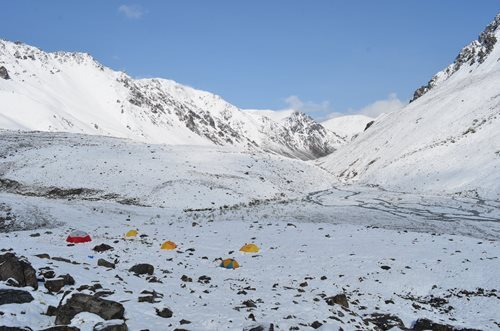
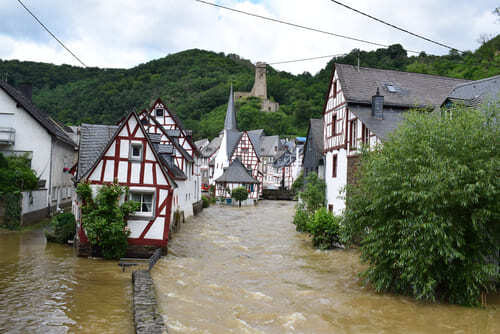
Evolution of the hydrologic risk linked to extreme rain events – Application of ClimEx data (Québec-Bavaria)
- Lead Researcher: François Brissette
- Funding: Ministère de l'Économie et de l'Innovation du Québec and Ouranos Consortium
- Co-Researchers: Ralf Ludwig (Ludwig-Maximilian University, Munich, Germany), Richard Arsenault (ÉTS), Annie Poulin (ÉTS), Marie-Amélie Boucher (Université de Sherbrooke)
- Collaborators : Ministère de l’Environnement et de la Lutte contre les changements climatiques du Québec and Ouranos Consortium
- Duration: 2017-2021
Other projects
- Improving the historic reconstruction of daily flows and annual maxima in gauged and ungauged environments;
- Marcelle-Gauvreau Engineering Research Chair on the Impact of Environmental Changes on Water Resources;
- Hydrological changes in alpine watersheds fed by glaciers;
- Hydrogeological behaviour of mine wastes in Abitibi-Témiscamingue;
- CORDEX FPS Project: Dynamical Downscaling Experiments and Hydrological Modelling for Canada and Mexico;
- Developing a set of observational grids for post-processing of climatic simulations based on hydrological performance;
- Developing a Québec-Mexico collaboration for managing groundwater and surface water;
- Developing an improved hourly ensemble streamflow forecasting system for spring flood forecasting on small watersheds;
- Studying the structure-flow interaction within the snowpack and the hydrological impacts;
- Studying and developing approaches for evapotranspiration modelling under current and future climate conditions;
- Impacts of anthropogenic forcing and internal variability at the watershed scale – going from the daily to the hourly time scale;
- Hydrological modelling in Cordillera Blanca, Peru;
- Power Analytics and Visualization for Climate Science (PAVICS) - Hydroclimatological toolbox Phases I & II;
- Pushing back the boundaries to automating the operational hydrological forecasts used in hydro-power reservoir management;
- Quantification of diffuse contaminant flows: Multi-method approach to optimizing the environmental management of mine sites;
- Reviewing the state of knowledge and available tools in Mexico for sharing water when the resource is limited;
- Using natural tracers as indicators of hydrological behaviour within the snowpack;
- Value chain optimization of hydroelectric power generation systems.

